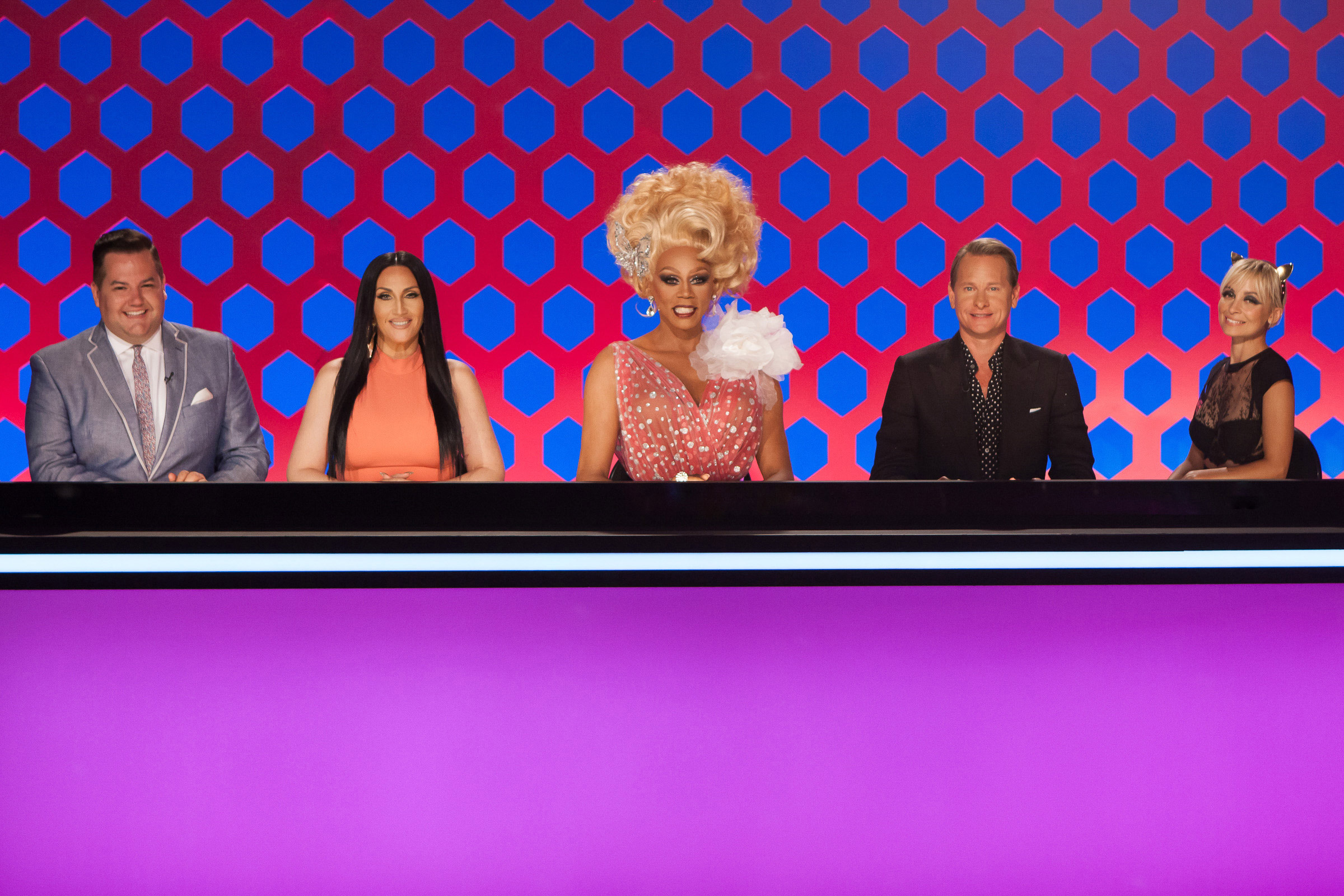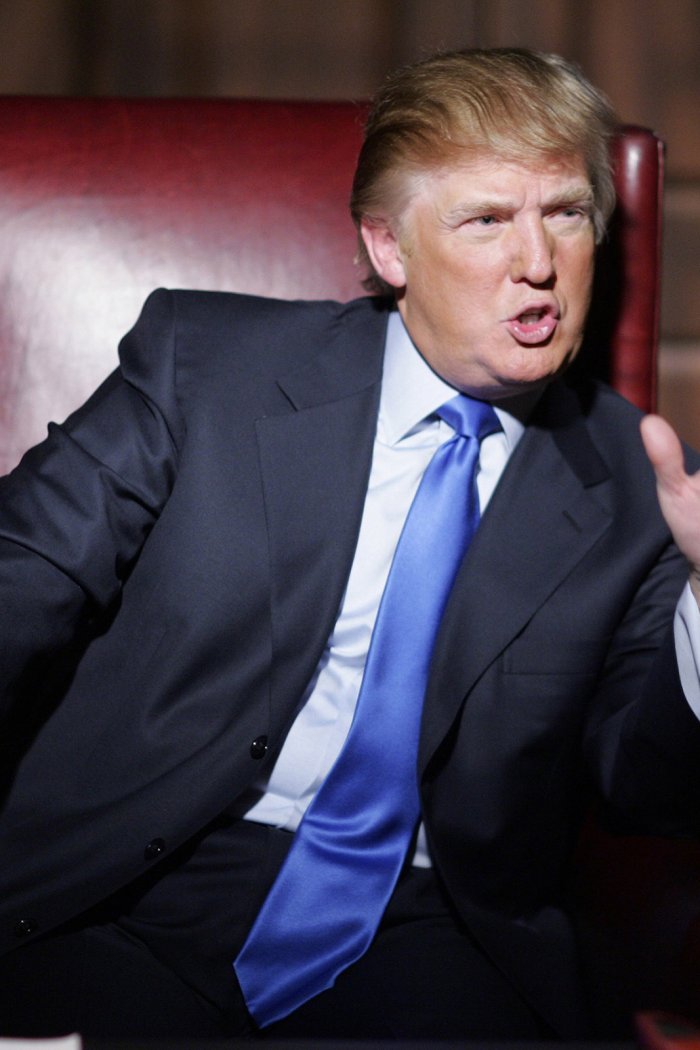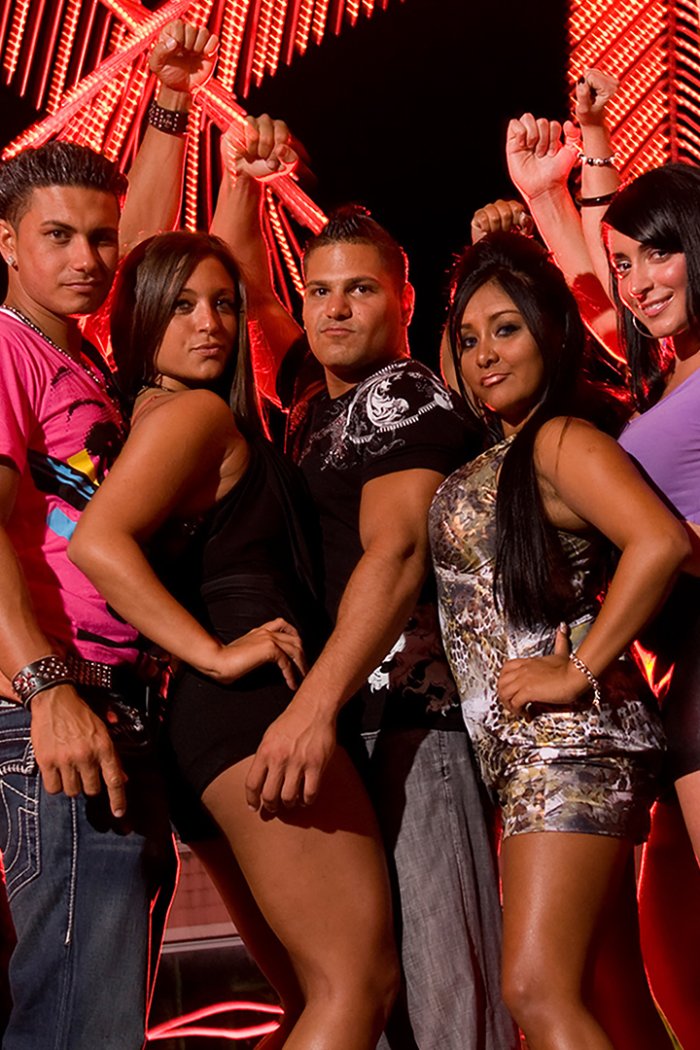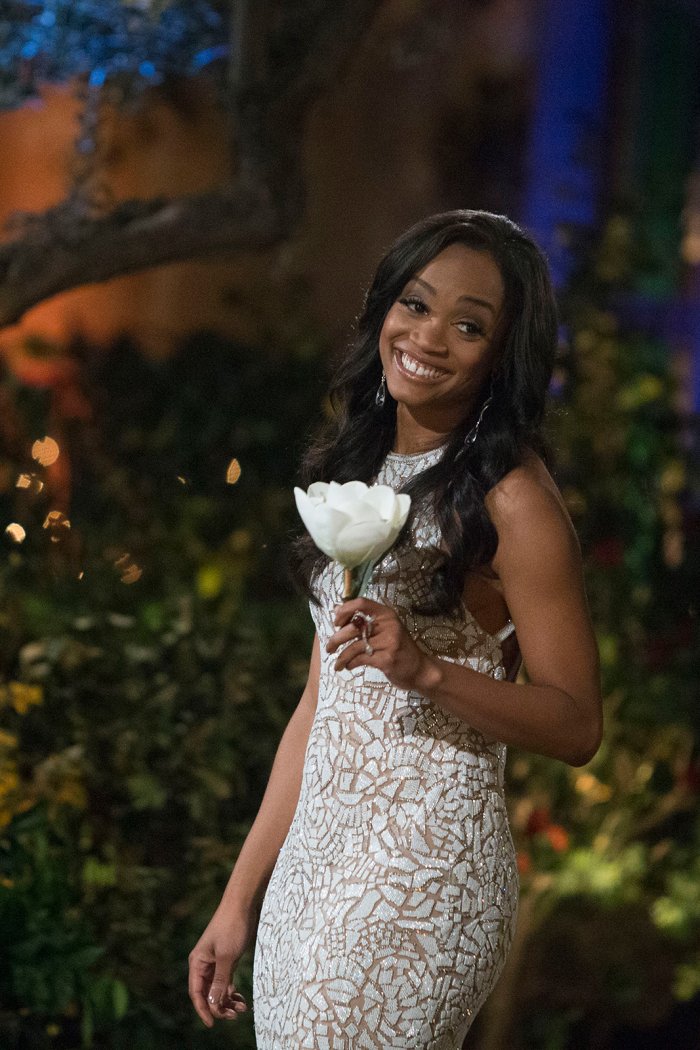Few pop-culture products have done as much to queer the mainstream as Drag Race, the competition show created by legendary drag queen and “Supermodel of the World” RuPaul Andre Charles. The series, which premiered in 2009 on Logo, Paramount’s channel devoted to LGBTQ+ programming, pits drag queens against one another in lip-sync battles and challenges like “Reading is Fundamental,” in which contestants face off by “reading” each other with clever insults.
Though the show was made for queer audiences, it quickly became a hit with viewers who did not identify as such, permeating the culture to the extent that phrases that originated in BIPOC queer spaces (“throwing shade,” “yaas, queen!”) became part of the everyday lexicon. Mass popularity changed the course of Drag Race, as well; in season 8, it not only celebrated its 100th episode, but also garnered more than a million viewers for its premiere. The next year, the show was moved off of its niche network to VH1. While some viewers have expressed fears that this mainstreaming of drag undermines its radical origins, there’s no denying that the influence of RuPaul and her girls has moved it beyond the subcultural realm and onto the main stage. —Cady Lang
- Cybersecurity Experts Are Sounding the Alarm on DOGE
- Meet the 2025 Women of the Year
- The Harsh Truth About Disability Inclusion
- Why Do More Young Adults Have Cancer?
- Colman Domingo Leads With Radical Love
- How to Get Better at Doing Things Alone
- Michelle Zauner Stares Down the Darkness





